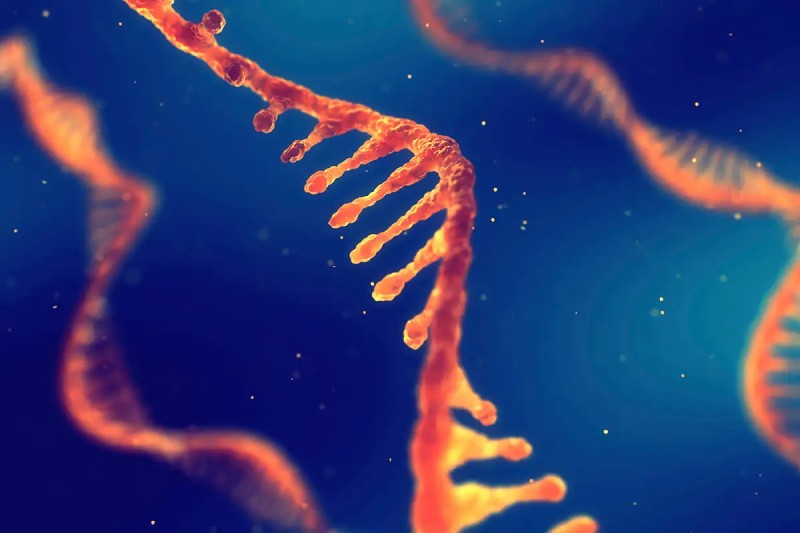The study demonstrates that abnormalities in the body’s genetic code that regulate protein production may be connected to malignant tumors.
Malignant tumors have been linked to abnormalities in the genetic code that the body uses to make proteins. However, the majority of genetic material consists of unknown components.
Is there a connection between changes in non-coding material and cancer or health issues?
Non-coding DNA molecules play an important role in health and disease, including the growth of tumors, according to a new Case Western Reserve University School of Medicine study.
More specifically, they have discovered that these molecules may have potential for early detection and treatment of cancers like esophageal cancer, where biomarkers are lacking.
“What we wanted to find out,” said Kishore Guda, an associate professor at the School of Medicine and lead researcher of the study recently published in the peer-reviewed journal Gastroenterology, “was can we use these as potential biomarkers for developing cancers?”
In every living cell, ribonucleic acid (RNA) transmits genetic information and codes for proteins. These RNA molecules appear to be activated in cells that are likely to develop cancer, in addition to being “turned on” in cancerous cells.
As a result of this knowledge, it may be possible to detect cancers at an earlier stage—or even before they develop into cancer—thereby enhancing patient outcomes and even increase survival rates.
In their study, the researchers discovered and characterized for the first time a specialized subclass of non-coding RNA molecules in esophageal cancer called “long intergenic.”
What they discovered: Additionally, these molecules were “turned on” in pre-malignant and cancerous tissues (such as those at high risk for cancer). Additionally, routine imaging can be used to locate these RNA molecules in patient biopsy tissues.
The authors came to the same conclusion: These RNA molecules also appear to inhibit the growth of esophageal cancer cells by regulating other genes that may be involved in the development of cancer. This opens up new opportunities for therapeutic targeting of these cancers.
“Our study opens a new area of investigation by implicating these RNA molecules as additional players in esophageal cancer,” Guda said. “Our goal is to understand how and when these molecules are turned on during esophageal cancer development, and how they control other genes involved in cancer processes.”
The team hopes to use this new information to see if the RNA molecules can be used in Lucid Diagnostics’ licensed EsoCheck molecular diagnostic panel at CWRU to identify cancer-prone cells.
They also want to see if blocking the RNA molecules or the genes controlled by these molecules could result in a new, often fatal treatment for cancer.

 Diabetology2 weeks ago
Diabetology2 weeks ago
 Diabetology1 week ago
Diabetology1 week ago
 Diabetology5 days ago
Diabetology5 days ago
 Diabetology7 days ago
Diabetology7 days ago
 Diabetology7 days ago
Diabetology7 days ago
 Diabetology4 days ago
Diabetology4 days ago
 Diabetology4 days ago
Diabetology4 days ago
 Diabetology1 day ago
Diabetology1 day ago




